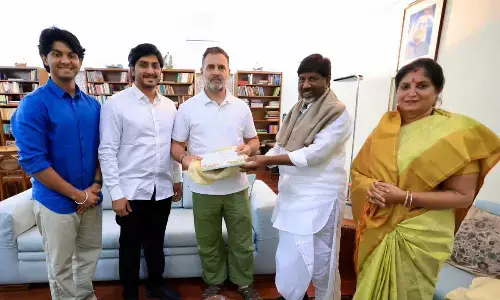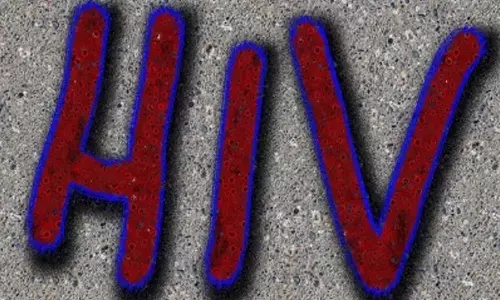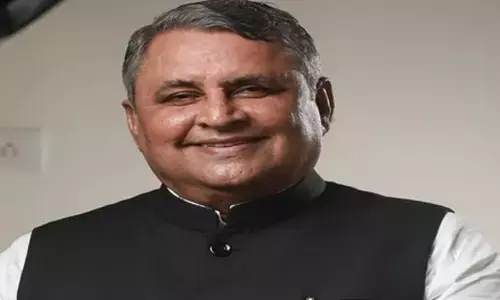New copper-infused mask may help hospitality, tourism industry

Indian-origin researcher developed copper-infused masks
An Indian-origin researcher has developed copper-infused masks that may help employees manning the frontlines of customer service, particularly in the hospitality and tourism sectors.
An Indian-origin researcher has developed copper-infused masks that may help employees manning the frontlines of customer service, particularly in the hospitality and tourism sectors.
Ajay Aluri, founding director of the Hospitality Innovation and Technology (HIT) lab at the West Virginia University in the US, has developed Hygenmask -- a three-layered facemask containing a copper-infused nano-coated fabric, a sustainable bamboo fabric and an ePTFE (a biomaterial) filter.
Wearers also don't have to worry about "elf ears" since the masks lack ear loops. Elastic head loops go over the head and can be tightened for a customised fit.
Masking up is one safe precaution. But it's also an uncomfortable gesture, as some masks may inflict wear and tear on the face or not provide an adequate level of protection for the worker, Aluri said.
"Copper has a special place in the culture and tradition of India. People wear copper bracelets and use copper utensils for cooking. And there's a notion, from the Covid standpoint, that copper is antimicrobial," he added.
Before Hygenmask, Aluri and his students had created Hygenkey, a copper touch tool with antiviral and antibacterial qualities, in response to the pandemic in 2020.
"The mask is ideally for people who are always at the front desk or talking to people six to eight hours at a time, whether in restaurants, resorts, airports or any hospitality and tourism industry," Aluri said.
"Some of these masks out there, if you wear them for a long time, it can be really rough on your skin. So we strived to make it more hygienic and sustainable from a fabric standpoint," he added.
During testing, Aluri's mask was found to block up to 93 per cent of droplets being respired. The mask also helps people breathe more comfortably, making the wearer more likely to keep it on for a longer period of time.
Aluri himself donned the mask during a 14-hour flight to India.
"I'm only taking it down when I'm eating or drinking. I had no marks on my face and it was quite comfortable," Aluri said.










